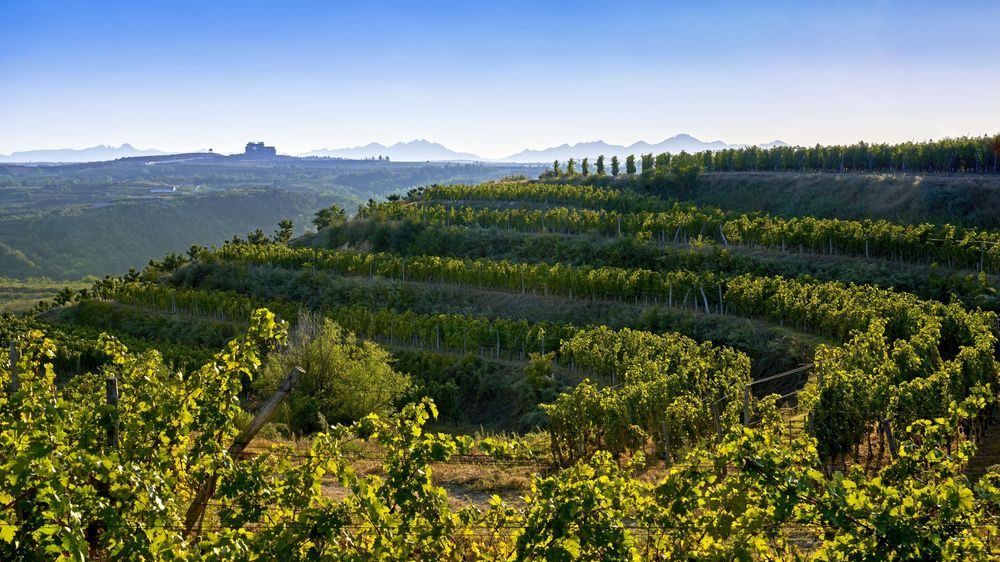Following a surge in Chinese wine exports and a visit from President Xi Jinping last year, the Central Government has expressed a desire to turn its primary wine-producing region of Ningxia into one that rivals France’s Bordeaux.
According to a plan approved by the Central Government, the ambitious project hopes that by 2035, Ningxia’s Helan Mountains area will have produced 600 million bottles worth 20 billion yuan ($3.12 billion).
Around two hours’ flight west from Beijing, the region along the Yellow River sits in a latitude similar to that of France’s famed wine country.
Speaking in Mandarin on the new project, Sui Pengfei, director of international cooperation at China’s agriculture ministry, told reporters:
“If this goal can be achieved, Helan Mountains’ eastern foothills will become an internationally important and influential production area, with a scale matching that of Bordeaux.”
Ningxia is just one of several wine-producing areas in China, but it’s Helan Mountains’ eastern foothills has a diverse variety of grapes on par with that of Bordeaux or Napa Valley in the U.S., and accounts for the majority of domestic wine production.
The fifteen-year target is more than quadruple Ningxia’s annual wine production. However, the numbers roughly match up to meet France’s wine capital – according to a French industry group last year Bordeaux produced 522 million bottles worth 3.5 billion Euros ($4.16 billion).
Like many high-level Chinese plans, the one for wine is vague on implementation details. Instead, it lays out a framework for development that ranges from improving local winemaking knowledge and ecological conservation to “a window” for China’s wine to “integrate with the world,” according to a CNBC translation of the Chinese text.
Last year, during the coronavirus pandemic, Ningxia’s wine exports rose 46.4% to 2.65 million yuan (about $414,100), according to the local customs agency. Primary destinations included the U.S., the European Union, Australia and Japan.
For more information, check out the wine region’s wikipedia.


